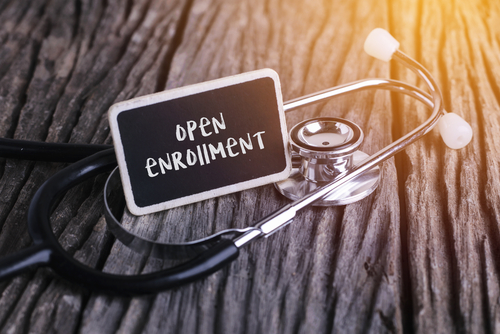Final Site Announced in Phase 2 Trial Testing NurOwn in Progressive MS
Written by |

The Partners Multiple Sclerosis Center at Brigham and Women’s Hospital has joined BrainStorm Cell Therapeutics in a Phase 2 trial exploring the safety and efficacy of NurOwn in the treatment of progressive multiple sclerosis (MS).
This is the fifth and final clinical site participating in the trial, in addition to Mount Sinai Medical Center, Keck School of Medicine of The University of Southern California, Stanford University School of Medicine, and the Cleveland Clinic.
NurOwn is an investigational stem cell-based therapy that uses the patients’ own bone marrow-derived mesenchymal stem cells (MSC) to promote and support the repair of damaged nerve cells. The patients’ MSCs are engineered in the lab to produce growth factors that promote the repair of neurons’ insulating myelin sheath, which is destroyed in MS. The therapy is also believed to protect cells against further damage, improve cell survival, and potentially slow MS progression.
Tanuja Chitnis, MD, a neurologist and Harvard Medical School professor, will serve as the principal investigator of the trial at Brigham and Women’s Hospital, in Boston, Massachusetts.
“The Partners MS Center at Brigham and Women’s Hospital provides comprehensive patient care, innovative technology and ongoing clinical research trials,” Chaim Lebovits, president and CEO of BrainStorm, said in a press release. “We’re excited to have them join the trial, and we expect that they will soon enroll participants under the supervision of Dr. Chitnis and her highly experienced clinical team.”
The open-label, multicenter Phase 2 trial (NCT03799718) will include up to 20 adults with either primary progressive MS or secondary progressive MS.
Subjects will undergo a bone marrow aspiration to collect some of their MSCs, which will later be injected back to the patient through three intrathecal administrations — injected directly into the cerebrospinal fluid within the spinal canal — during a 16-week period.
The study’s primary goal is to evaluate the safety of the procedure, as well as the neuromodulatory effect of the stem-cell based therapy up to 28 weeks post-treatment. To evaluate NurOwn’s efficacy, investigators will assess if the engineered MSCs are producing the desirable growth factors after therapy administration, up to 16 weeks post-treatment, by looking for an increase in the amount of this type of molecule in the patients’ cerebrospinal fluid.
Participants’ finger dexterity and walking ability, which are often compromised in MS, will also be evaluated.
“We are excited to participate in this research study, which will allow us the opportunity to investigate potential new therapies for our patients with progressive MS,” said Chitnis.
Ralph Kern, MD, chief operating and chief medical officer of BrainStorm, added: “It has been less than a year since we contracted with our first progressive MS clinical site, half of the study participants have already been screened and two study participants have completed all study visits. We are very privileged to have Dr. Chitnis and her team advance our clinical study of NurOwn in progressive MS.”
Top-line results from this Phase 2 trial are expected in the fourth quarter of 2020.





